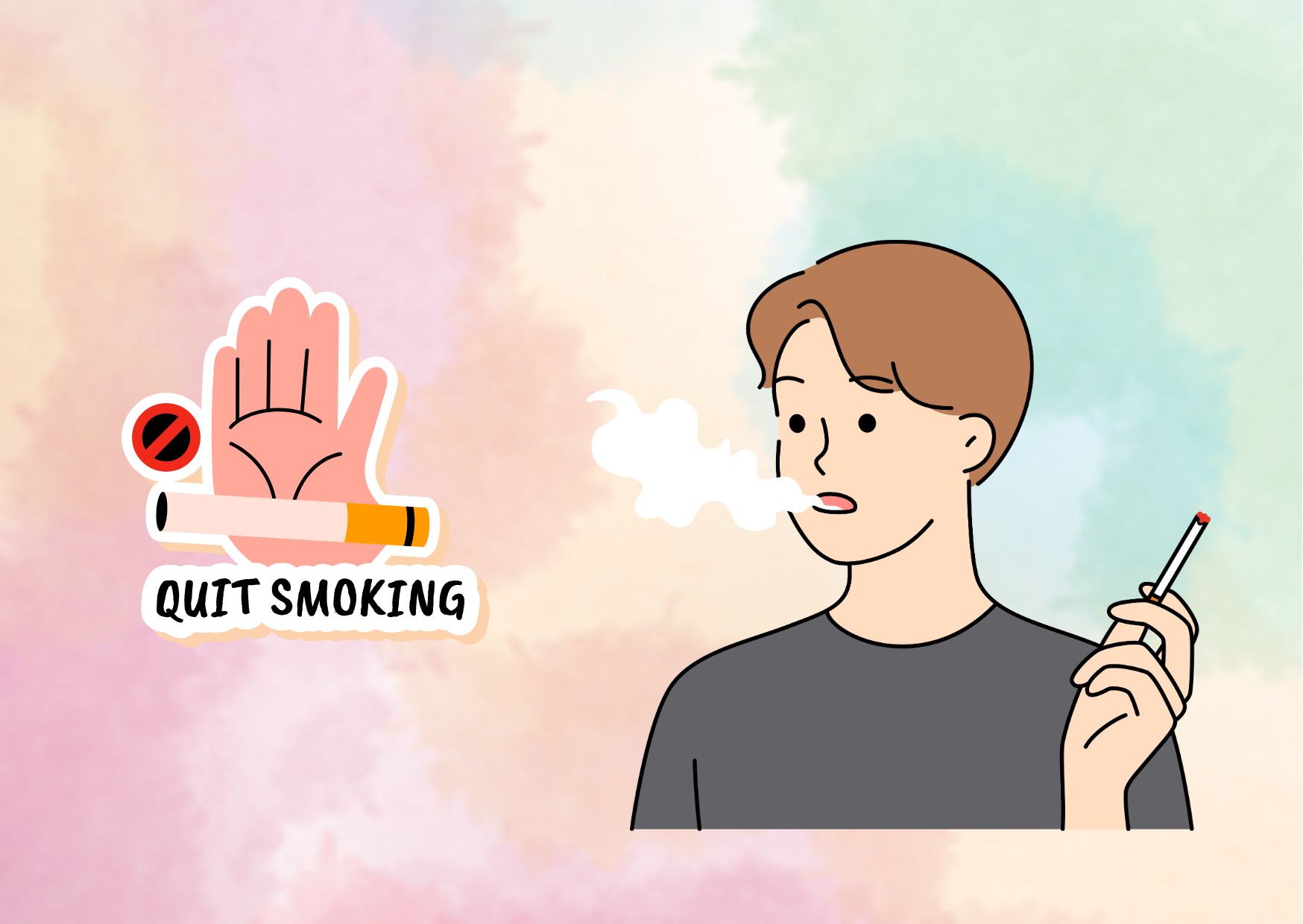Set a Quit Date
Choosing a quit date is an important step towards quitting smoking. Select a date within the next month that gives you enough time to prepare mentally and emotionally. Circle the date on your calendar and commit to it. Having a specific quit date helps create a sense of accountability and provides a clear target to work towards.
Seek Support
Quitting smoking is easier when you have support from others. Inform your friends, family, and loved ones about your decision to quit smoking and ask for their understanding and encouragement. You can also seek support from online communities, support groups, or counseling services like Inquire Talk. Having a support system in place can significantly increase your chances of success.
Identify Triggers and Make a Plan
Smoking is often associated with certain triggers or situations that make you crave a cigarette. Identify your triggers, such as stress, social situations, or specific activities, and develop a plan to cope with them. Find alternative activities or distractions to replace smoking during these trigger moments. For example, if you usually smoke when feeling stressed, try deep breathing exercises or going for a walk instead.
Suggestion for read: Understanding and Overcoming Porn Addiction
Strategies for Quitting Smoking
Nicotine Replacement Therapy (NRT)
Nicotine replacement therapy can be an effective tool to help manage nicotine cravings and withdrawal symptoms. NRT products, such as nicotine gum, patches, lozenges, or inhalers, provide a controlled dose of nicotine without the harmful chemicals found in cigarettes. Consult with your healthcare provider to determine which NRT option is suitable for you and follow the recommended usage guidelines.
Prescription Medications
In addition to NRT, there are prescription medications available that can aid in smoking cessation. These medications work by reducing nicotine cravings or blocking the pleasurable effects of smoking. Consult with your healthcare provider to discuss the potential benefits and risks of prescription medications and determine if they are a suitable option for you.
Behavioral Therapy and Counseling
Behavioral therapy and counseling can provide valuable support and guidance throughout your quit smoking journey. Cognitive-behavioral therapy (CBT), for example, helps identify and change unhealthy thought patterns and behaviors associated with smoking. Online counseling and therapy services, like those offered by Inquire Talk, provide convenient access to professional therapists who can help you develop coping strategies and address the underlying psychological factors contributing to your smoking addiction.
Create a Supportive Environment
Creating a smoke-free environment can greatly support your efforts to quit smoking. Remove all cigarettes, lighters, and ashtrays from your home, car, and workplace. Clean and freshen up your living spaces to eliminate any lingering smell of smoke. Surround yourself with support by spending time with non-smoking friends and engaging in activities that don’t involve smoking.
Coping with Cravings
Cravings for cigarettes can be intense, especially during the early stages of quitting. It’s important to have strategies in place to cope with these cravings. Practice deep breathing exercises, engage in physical activity, or distract yourself with a hobby or activity you enjoy. Remind yourself of your reasons for quitting and the benefits you will experience.
Healthy Lifestyle Changes
Adopting a healthy lifestyle can make quitting smoking easier and enhance your overall well-being. Focus on improving your diet by incorporating more fruits, vegetables, and whole grains. Regular exercise can help reduce cravings and manage stress. Get enough sleep and practice stress management techniques, such as meditation or yoga, to support your quit smoking journey.
Stay Positive and Persistent
Quitting smoking is a process that may involve setbacks and challenges. It’s important to stay positive and persistent throughout your journey. Celebrate small victories along the way and remind yourself of the progress you’ve made. If you experience a relapse, don’t be too hard on yourself. Learn from the experience and use it as motivation to continue on your path to becoming smoke-free.
Conclusion
Quitting smoking is one of the most impactful decisions you can make for your health and well-being. With the right strategies, support, and determination, you can overcome your smoking addiction and experience the numerous benefits of a smoke-free life. Inquire Talk is here to provide online counseling, therapy, and psychotherapy services to support you on your quit smoking journey. Contact us today and take the first step towards a healthier, smoke-free future.
At Inquire Talk, we understand the importance of mental health and well-being. Our passionate therapists are dedicated to providing online counseling, therapy, and psychotherapy to individuals seeking support and assistance. With our expertise in different types of therapy, we are committed to helping you overcome challenges, develop coping skills, and improve your mental well-being. Contact us today to begin your journey towards a happier and more fulfilling life.
Here are few certified therapists who you can get in touch and book a therapy session with:
Salvo la Rosa
Don French
Natasha Fletcher
